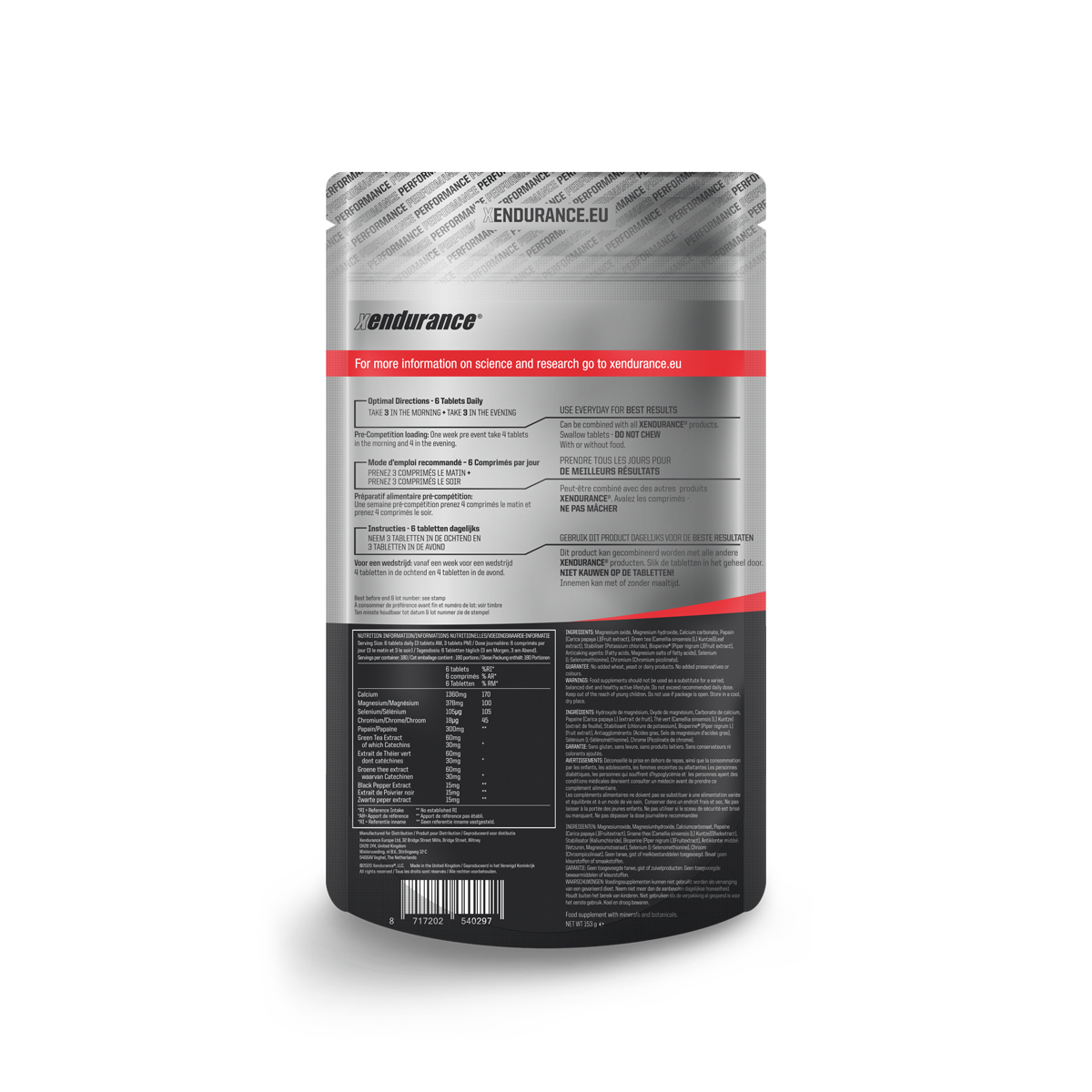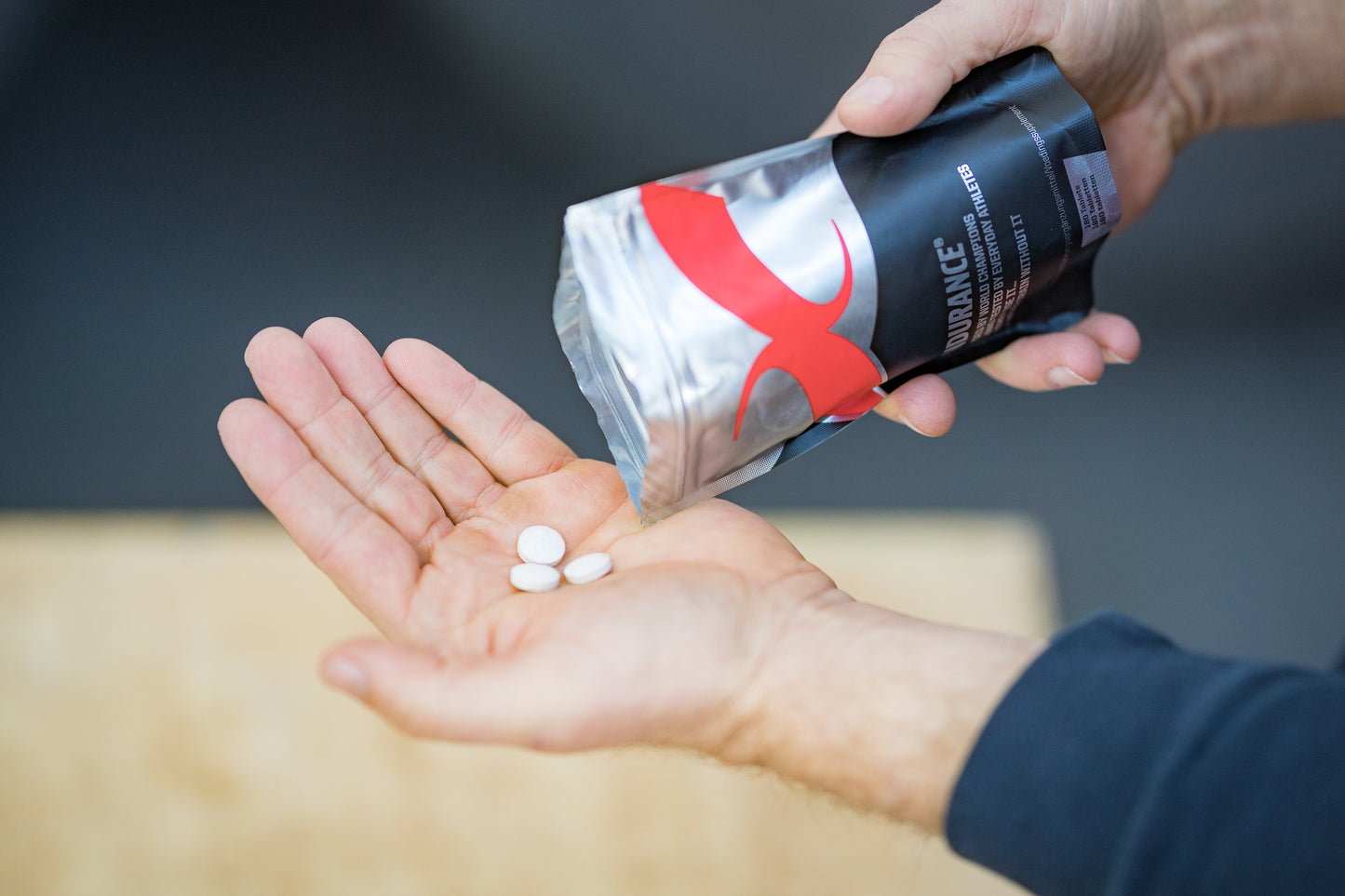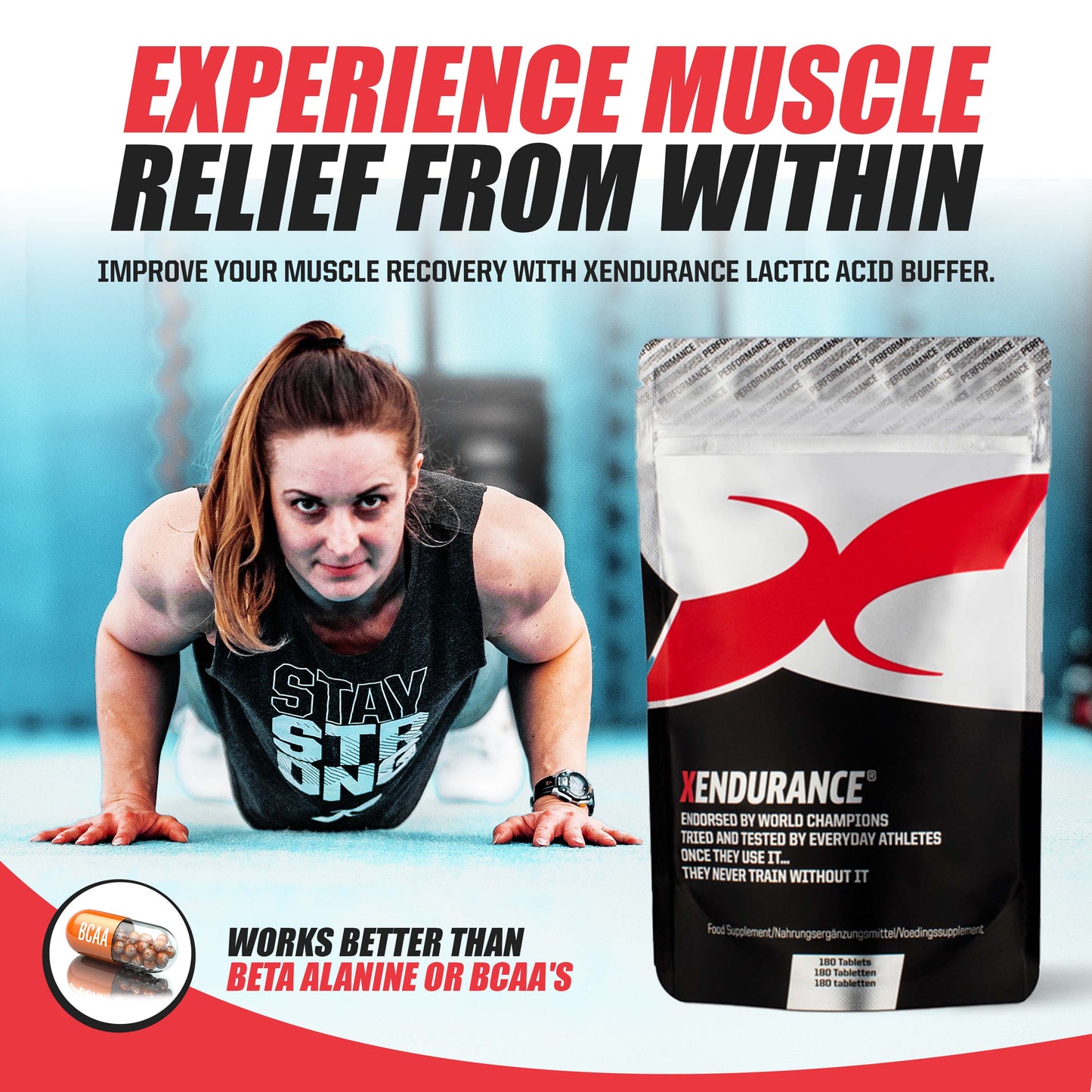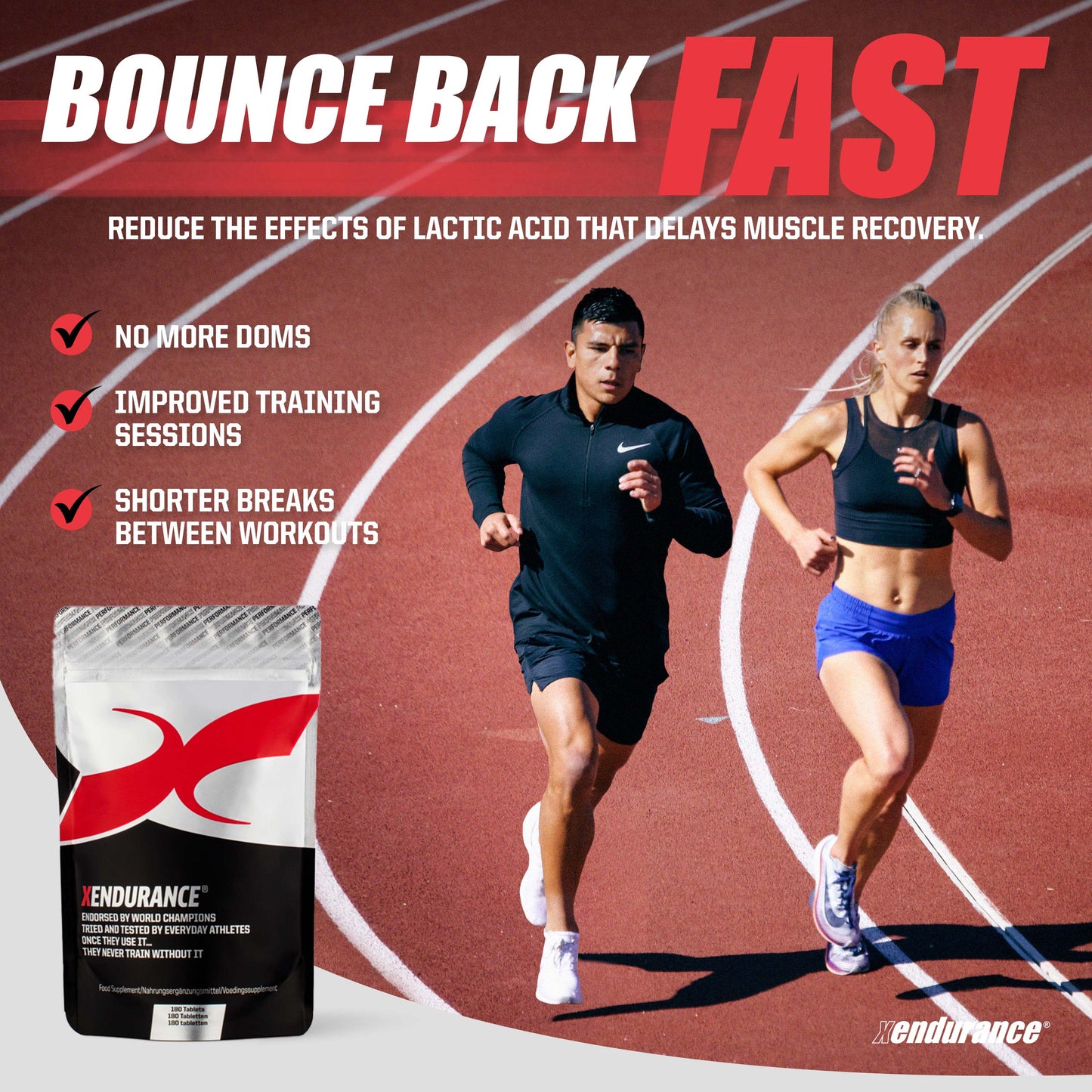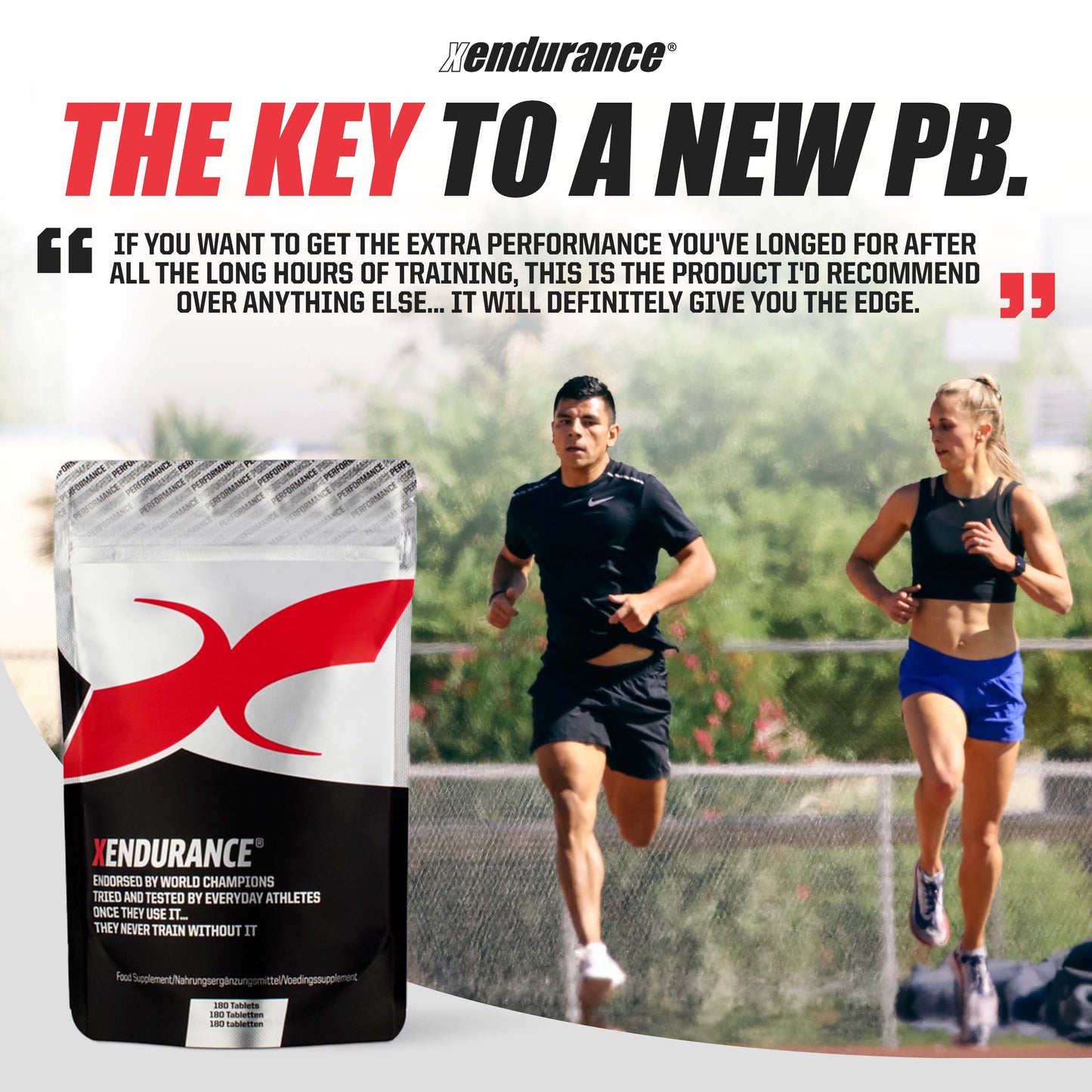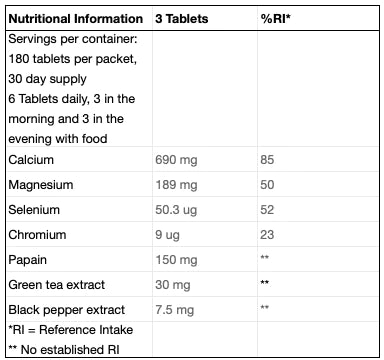Share
1. Foam Rolling
The majority of non-traumatic running injuries stem from muscle tightness leading to restricted biomechanics and alterations in running gait. So I advise foam rolling (which is more effective than a massage stick, because you can utilise more body weight to apply pressure to the muscles) every day. Imbalances of just a few millimetres in how each side of the body moves can lead to injuries – often the thing that hurts isn’t the real problem.
Getting those muscle tissues loosened up and able to move freely definitely prevents some easily avoidable injuries. Roll every angle of every muscle in the legs, glutes and hips (basically all the areas that feel tight or sore from running, plus areas that may feel fine but are still getting tighter).
A roller that’s hard rather than soft will be more effective at working on deep muscle tissues – and also a bit more painful!
2. Massages
I advise a sports massage every one to four weeks, for the same reasons as above. Sometimes we might not be thorough enough with the foam roller and it’s better to let an expert have a look.
I’ve lost count of the amount of times I’ve thought my leg muscles were nice and loose, but a masseur still finds knots and tightness – again helping to prevent possible injury. Yes there’s a cost involved, but how much does injury cost in terms of missed races and quality training blocks, not to mention your general happiness?
3. Dynamic stretches
I advise a simple routine of dynamic stretches every day, even if you haven’t run, to improve general strength in key areas such as glutes, hips and core, plus your overall flexibility. These are best done after a run when muscles are warm, and it’s worth shortening a run if you’re time-pressed to still fit these in.
4. Recovery runs
Every run should have a purpose, be that a long run, speed session, hill work, or a recovery run. Recovery runs should be done at a very slow pace, but still focusing on maintaining good form. This is the speed you’ll likely be going at towards the end of an ultra anyway.
As the name suggests, recovery runs also help your legs recover from harder efforts, flushing out the muscles and increasing blood flow to the areas that have been broken down on harder or longer runs. This helps to get the required nutrients to the muscles to rebuild and adapt optimally. Recovery runs are really important.
5. Sleep
Sleep is vital, but we often devalue it. When we’re asleep, our body is healing to benefit from the key adaptations from the training we’ve put it through.
It’s probably not realistic to get the optimum number of hours every night (which typically varies from around six to nine hours, depending on the individual), and few people sleep well the night before a race.
So instead, perhaps concentrate on getting good sleep in the week before a race. If you’re travelling for an event and perhaps taking time off work or away from family, the final few days can be busy and stressful. So plan in advance as to how that might be avoided, in order to get the rest you need.
6. Nutrition
There’s no real secret to the fact healthy food makes you healthy, while junk or fast food and alcohol do the opposite – in fact alcohol actually slows recovery. Our body needs nutrients, particularly when we’re doing lots of exercise.
My advice is to find healthy foods you love so you’re more likely to stick with healthy eating. My favourite food is avocado – I put them in almost every meal. They’re full of healthy fats called monounsaturated fats, the good fats, which are an important part of an athlete’s diet. Consider adding a good multivitamin like Xendurance Immune Boost to conveniently add some extra nutrients into your diet.
7. Race recovery
Straight after a race your muscles will be damaged, so eat additional protein, such as from lean meats. Also, branch chain amino acids, CoQ10 and other nutrients can potentially help, but ideally taken in through real food not supplements.
Straight after a race it’s also vital to get more rest than usual. The more quality sleep you can get, the faster your body can heal, so make it a high priority.
There should be no rush to run again soon after, either, especially after a big ultramarathon. All rushing back into training does is increase the chance of injury. Take at least a week completely off running, then start walking and hiking.
Your body may take different amounts of time to recover from one race to another and someone else’s recovery time is probably not the same as yours. Your body will give you clear signals as you restart running and it’s important to realise that feeling bad on a run is a sign to back off rather than step things up.




